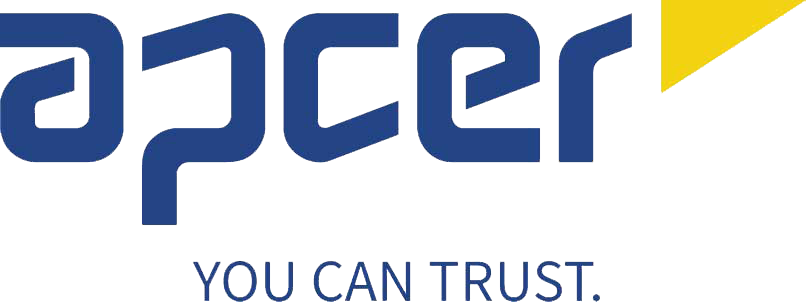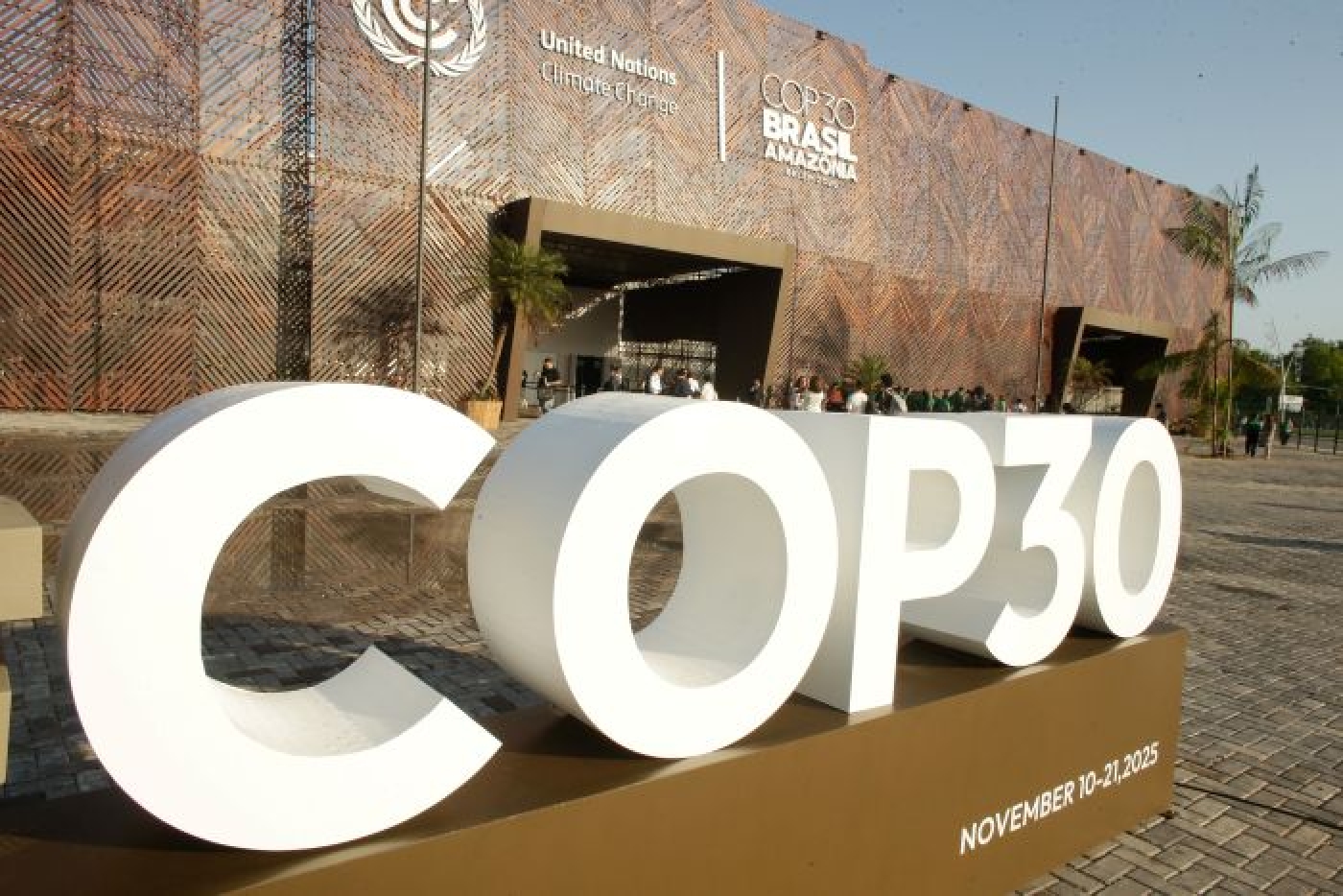NFDR - Non-Financial Reporting Directive
The NFRD came into force in 2018 with the aim of providing stakeholders with non-financial information to assess the value creation and risks of each company and encourage responsibility in relation to social and environmental issues.
This directive, applicable to approximately 11,600 companies with more than 500 employees, large listed companies, banks and insurance companies, allowed the reporting of non-financial information according to different reporting standards, such as the GRI, ISO 26000, OECD and SASB standards.
The possibility of reporting according to different standards has hampered the comparability and accessibility of information. In addition, the number of companies obliged to report in accordance with the NFRD would not be sufficient to achieve the objectives proposed in the EU Green Deal.
- Companies that exceed at least two of the following criteria: turnover > 50M€; total assets > 25M€; >250 employees.
- Companies with securities listed on EU regulated markets, except micro-enterprises.
- Detailed definition of environmental, social and governance factors for mandatory disclosure;
- Reporting on a greater number of sustainability issues, including the business model, strategy, risks and impacts, targets, policies, indicators, among others;
- The information reported must contain a prospective and retrospective view, both qualitative and quantitative.
- Financial materiality: A sustainability topic is relevant if it can leverage financial effects on business performance and positioning;
- Impact Materiality: A sustainability topic is material if the organization causes significant actual or potential impacts on society and the environment.
Expected timeline for implementation of the CSDR Directive:
The European Sustainability Reporting Standards (ESRS) will be published by December 31, 2023.
The CSDR will come into force in 2024, with the first reports for the 2024 financial year coming out in 2025 from companies already reporting under the NFRD.
On January 1, 2026 we will have the first reports for the 2025 financial year from large companies not covered by the NFRD and by June 3 the adoption of the second ESRS package with sector-specific standards, as well as the standards applicable to SMEs and unlisted and non-EU companies.
On January 1, 2027, we will have the first reports for the 2026 financial year from listed SMEs (except micro-enterprises), small and non-complex credit institutions and captive insurance companies.
On January 1, 2029, we will have the first reports for the 2028 financial year from third-country companies with a net turnover of more than 150 million in the EU, if they have at least one subsidiary or branch in the EU that exceeds certain thresholds.
APCER is accredited by AA1000 (AccountAbility) to carry out verifications of sustainability reports in Portugal.
The AA1000 verification standard is aimed at companies wishing to have their sustainability reports/reports audited by an independent external entity. It gives confidence and transparency to all stakeholders that the report presents its sustainability performance.
In order to prepare organizations for sustainability reporting, APCER also offers training in Sustainability Reporting.
For further information, please contact us.
Sílvia Barbosa
Climate Change Technical Manager and Business Developer















